God grants liberty only to those who love it, and are always ready to guard and defend it

God grants liberty only to those who love it, and are always ready to guard and defend it
Daniel Webster, a prominent American statesman and orator, understood the importance of liberty and the responsibility that comes with it. He believed that God grants liberty only to those who love it and are always ready to guard and defend it. Webster's words resonate with the idea that freedom is not a given right, but rather a privilege that must be cherished and protected.Webster's belief in the divine origin of liberty is rooted in his deep faith and understanding of the principles of democracy. He saw liberty as a gift from God, one that should be cherished and upheld at all costs. For Webster, the love of liberty was not just a sentiment, but a call to action. He believed that those who truly loved freedom would be willing to defend it against any threat, whether external or internal.
Webster's own life and career exemplified his commitment to defending liberty. As a lawyer and politician, he fought tirelessly for the preservation of the Union and the protection of individual rights. He famously argued in the Supreme Court case of Gibbons v. Ogden, defending the rights of states to regulate commerce and uphold the principles of federalism. Webster's impassioned speeches and legal arguments were a testament to his unwavering dedication to the cause of liberty.
In his famous "Seventh of March" speech in 1850, Webster spoke out against the spread of slavery and called for compromise to preserve the Union. While his stance was controversial at the time, Webster believed that the preservation of the Union was essential to safeguarding the liberties of all Americans. He understood that true freedom could only be achieved through unity and cooperation, even in the face of difficult and divisive issues.



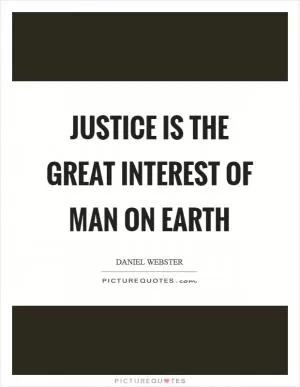



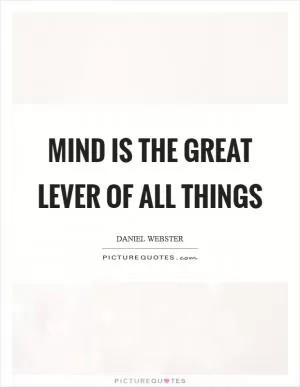
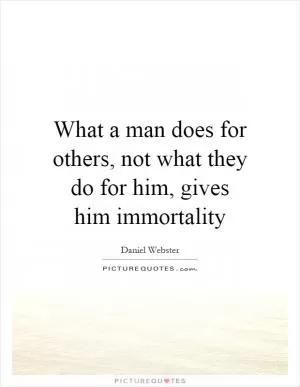

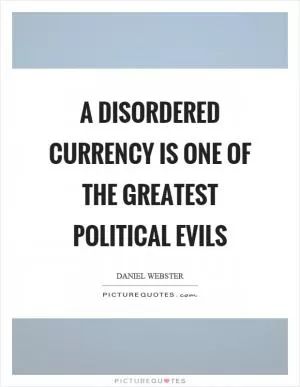
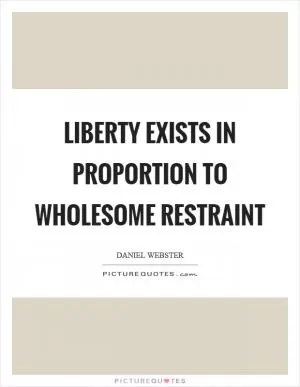
 Friendship Quotes
Friendship Quotes Love Quotes
Love Quotes Life Quotes
Life Quotes Funny Quotes
Funny Quotes Motivational Quotes
Motivational Quotes Inspirational Quotes
Inspirational Quotes